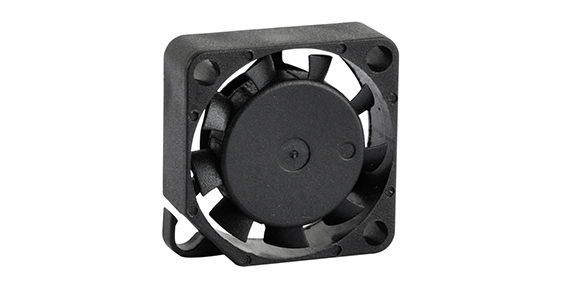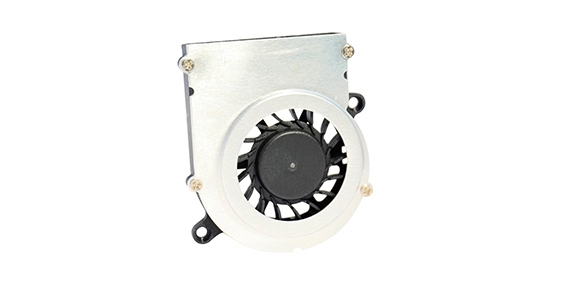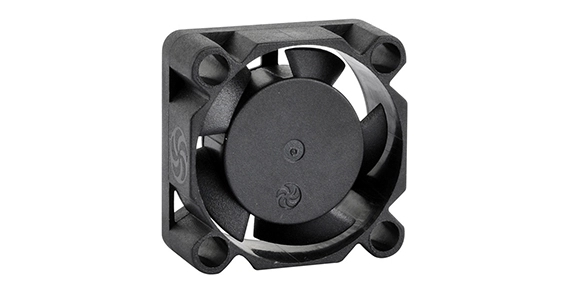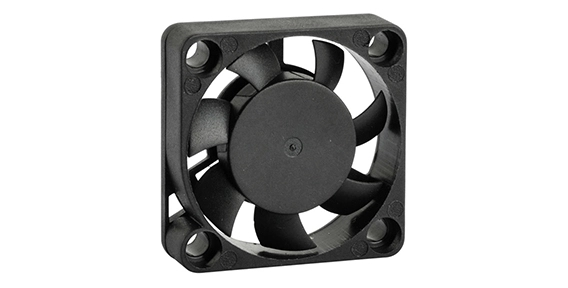When it comes to fans, the choice between direct current (DC) fans and alternating current (AC) fans can be a difficult one. However, for many reasons, DC fans have begun to gain popularity among consumers. In this article, we will explore the various reasons why DC fans are considered to be better, including their environmental benefits, economic advantages, and superior performance.
Unveiling the Environmental Benefits of DC Axial Fans
One of the key reasons why DC axial fans are better is their environmental impact. Unlike AC fans that rely on grid electricity, DC fans are powered by direct current. This means that they require less energy to operate, resulting in lower carbon emissions. With growing concerns about climate change, opting for energy-efficient appliances like DC fans is a step in the right direction towards a greener future.
Furthermore, DC fans often use advanced technologies that promote energy conservation. Some models are equipped with variable speed controls, allowing users to adjust the fan's speed according to their needs. By having this flexibility, not only can users enjoy comfortable airflow, but they can also save energy by reducing the fan's speed when required. This level of control promotes sustainability and reduces unnecessary energy consumption.

The Economic Advantages of DC Axial Fans
Apart from their environmental benefits, DC fans also offer economic advantages. While the initial cost of purchasing a DC fan may be slightly higher than its AC counterpart, the long-term savings are significant. Due to their energy-efficient design, DC fans consume less electricity, resulting in lower utility bills. Over time, these savings can outweigh the higher initial investment, making DC fans a cost-effective choice.
Additionally, DC fans in axial cooling fans often come with longer warranties and superior durability. They are designed to operate efficiently for extended periods without compromising performance. This means that users will not only save money on their energy bills but also on maintenance and repairs. With the added benefit of reduced downtime, DC fans provide a more reliable and economical cooling solution.

How DC Axial Fans Excel in Performance
While environmental and economic factors play crucial roles in the superiority of DC fans, their performance is another noteworthy aspect that sets them apart from AC fans. DC fans are known for their ability to deliver consistent airflow even at low speeds. Their variable speed controls allow users to precisely adjust the airflow to their desired level, creating the perfect cooling environment.
Furthermore, DC fans operate quietly, making them ideal for use in noise-sensitive environments such as offices, bedrooms, or libraries. The advanced motor technology used in DC fans ensures smooth and quiet operation. This means that users can enjoy a peaceful environment without any disturbances caused by a noisy fan.
In conclusion, DC fans offer several advantages over AC fans. Their environmental benefits, including lower energy consumption and reduced carbon emissions, make them an excellent choice for environmentally conscious individuals. Additionally, their economic advantages, such as long-term savings and durability, contribute to their appeal. Finally, DC fans' performance, characterized by precise airflow control and quiet operation, sets them apart from their AC counterparts. So, whether you're looking to reduce your carbon footprint, save money in the long run, or enjoy a better cooling experience, DC fans are the superior choice. So, consider investing in a reliable brand like Xie Heng Da's DC axial fans or axial cooling fans for all your cooling needs.

 EN
EN 
 +
+
 +
+
 +
+



